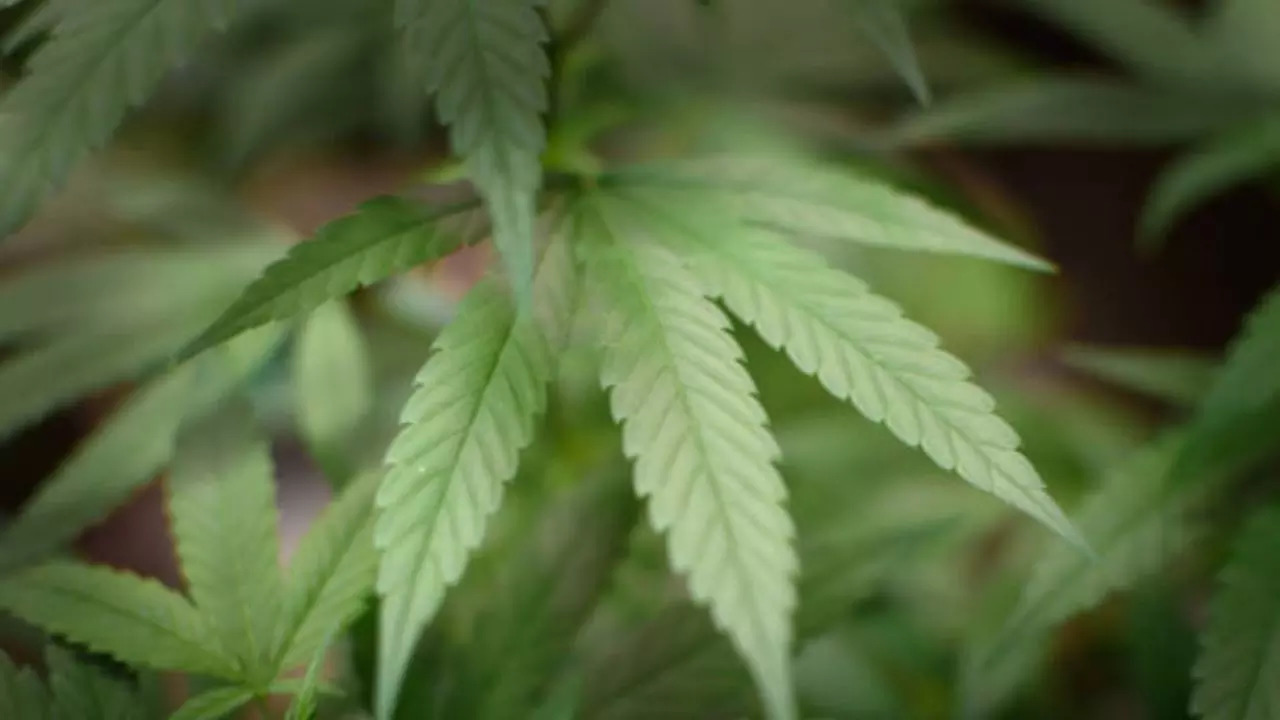Cannabis may reverse brain aging and boost cognitive abilities, study finds (Image credit: iStock)
A study by researchers from the University Hospital of Bonn, the University of Bonn in Germany and the Hebrew University of Jerusalem has revealed promising results on the potential of cannabis To reverse brain agingThe research, published in ACS Pharmacology & Translation Science, suggests that long-term administration of low doses of tetrahydrocannabinol (THC), the active compound in cannabis, may improve cognitive function and combat the effects of aging on the brain.
The results of the study reveal the role of THC in influencing the mTOR (mechanistic receptor targeting rapamycin) pathway, a crucial regulator of metabolism and cognitive performance. Professor Dr. Andreas Zimmer, Director of the Institute of Molecular Psychiatry at the University Hospital Bonn, highlighted the importance of mTOR activity in the context of brain aging. “Anti-aging strategies that aim to reduce mTOR activity might not only be insufficient, but also counterproductive. Our current research offers a possible solution to this problem,” explained Zimmer.
THC’s double impact on the brain and body
The research shows how THC affects both mTOR signaling and the metabolome (the entire set of metabolic properties within a cell). According to the study, THC’s impact on the brain involves an increase in mTOR activity, which improves energy production and promotes the formation of synaptic proteins. This biochemical boost leads to an improvement in cognitive functions, offering a potential reversal of some of the cognitive decline associated with aging.
THC appears to reduce mTOR activity in other body tissues, such as adipose (fat) tissue. This effect is reminiscent of the benefits obtained from low-calorie diets or rigorous physical exercise, which also reduce mTOR activity. Dr. Andras Bilkei-Gorzo, a key member of the research team, said: “Our study suggests that the dual effect of THC on mTOR activity and the metabolome could form the basis for developing effective anti-aging and cognition-enhancing drugs.”
Implications for future research
The results of the study pave the way for future research into anti-aging treatments targeting cognitive health. While the findings are promising, translating these results to human applications will require further research. Scientists will need to investigate how these results can be safely and effectively applied to human subjects and determine appropriate dosages and delivery methods.
The potential implications of this research are significant, as it could lead to new therapeutic strategies to mitigate age-related cognitive decline and improve brain healthHowever, further studies are essential to fully understand the mechanisms at play and develop cannabis-based treatments that are safe and effective for human use.
Disclaimer:
The information contained in this post is for general information purposes only. We make no representations or warranties of any kind, express or implied, about the completeness, accuracy, reliability, suitability or availability with respect to the website or the information, products, services, or related graphics contained on the post for any purpose.
We respect the intellectual property rights of content creators. If you are the owner of any material featured on our website and have concerns about its use, please contact us. We are committed to addressing any copyright issues promptly and will remove any material within 2 days of receiving a request from the rightful owner.

